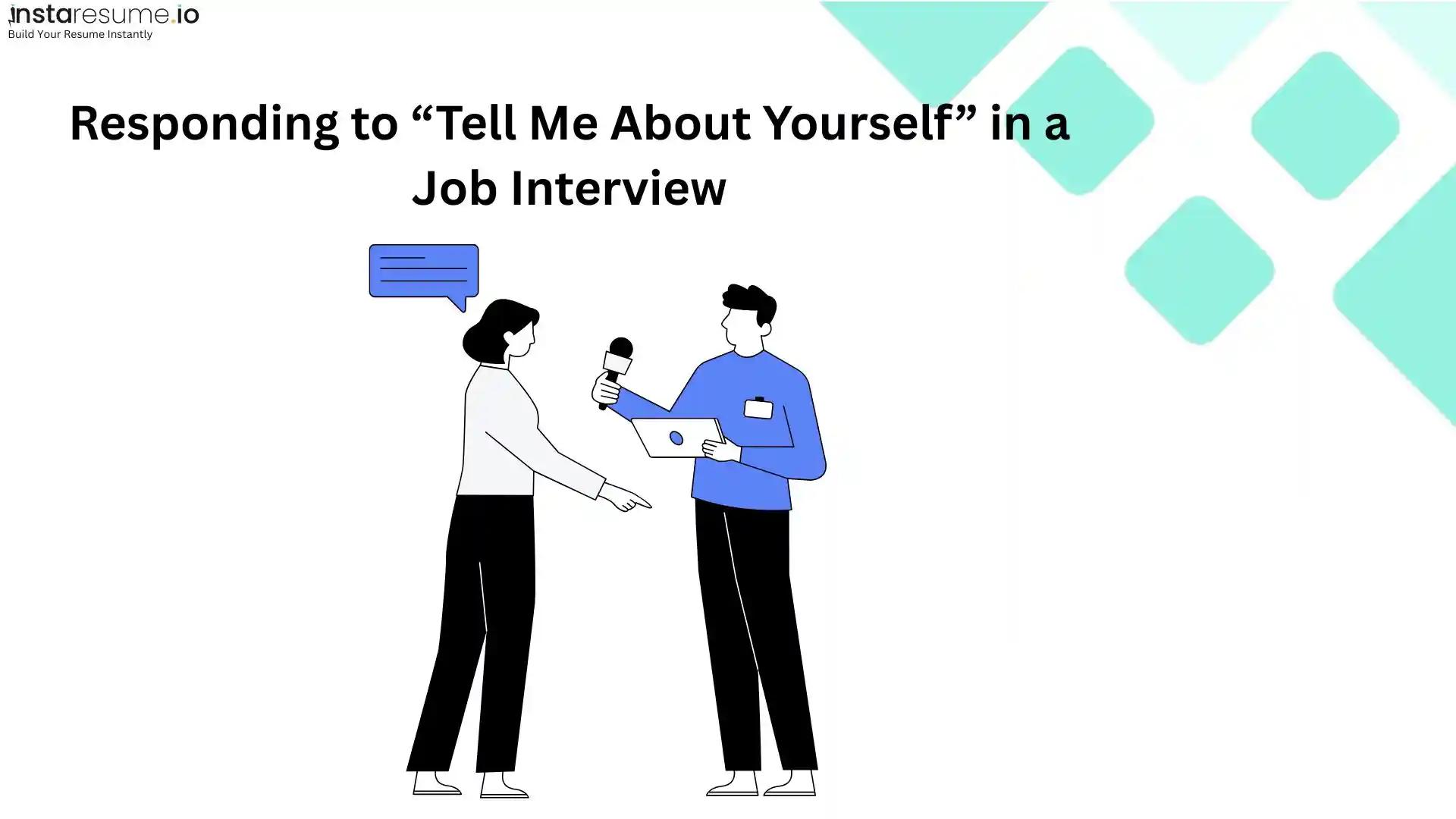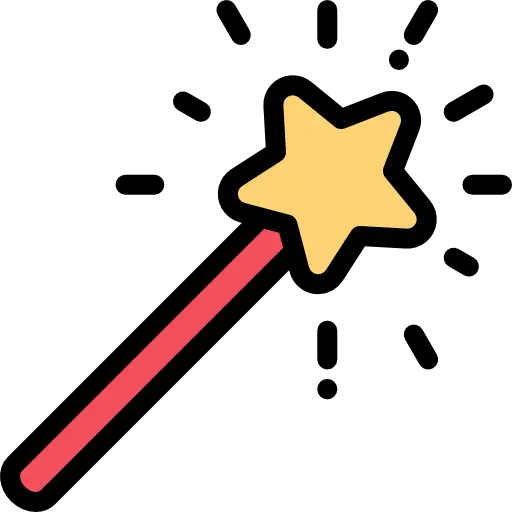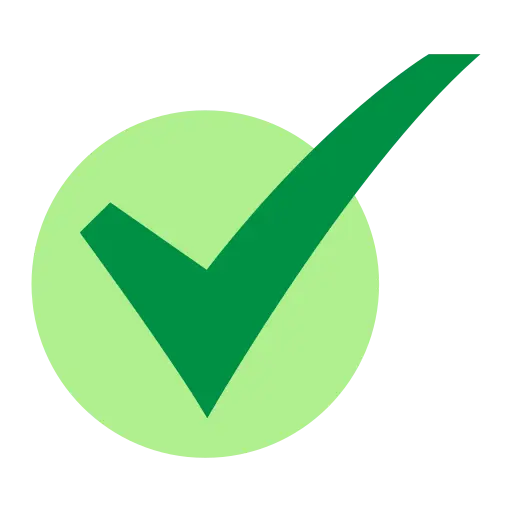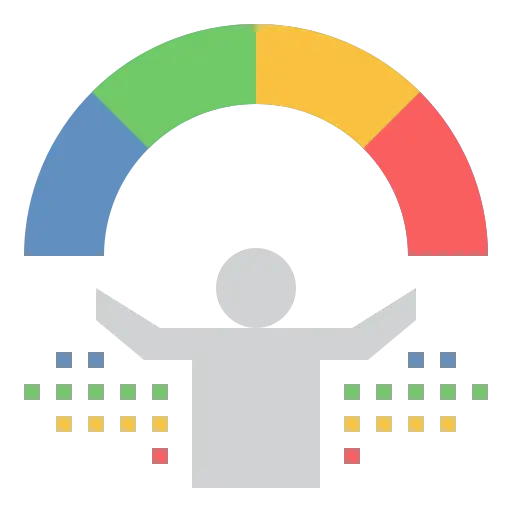Tell me about yourself answer for job interview
Trust Score: 4.8
362 reviews

Why Interviewers Ask “Tell Me About Yourself”
This seemingly simple question is more than just an icebreaker. It’s your first opportunity to set the tone for the interview and create a strong first impression.
Recruiters ask this to:
 Understand your communication style
Understand your communication style Assess how well your background fits the role
Assess how well your background fits the role See what you prioritize when introducing yourself
See what you prioritize when introducing yourself Check how confidently and concisely you present yourself
Check how confidently and concisely you present yourself
Think of this as your elevator pitch — short, sharp, and tailored to the job you’re interviewing for.
How to Structure Your Answer: The Present–Past–Future Formula
The Present–Past–Future structure is the most effective way to answer this question. Here's how it works:
✅ 1. Present: Who You Are Now
 Your current role, studies, or situation
Your current role, studies, or situation Your area of expertise or focus
Your area of expertise or focus
✅ 2. Past: Where You Come From
 Your educational background
Your educational background Relevant work experiences, internships, or accomplishments
Relevant work experiences, internships, or accomplishments
✅ 3. Future: Why You're Here
 Why you're applying for this role at this company
Why you're applying for this role at this company What you're looking forward to in your next step
What you're looking forward to in your next step
Example Framework:
“I’m currently a marketing associate at XYZ Ltd., where I manage social media campaigns and lead content strategy for product launches. Before this, I completed my MBA in Marketing and interned with a digital agency where I optimized Google Ads for major clients. I’m now looking to deepen my skills in a fast-paced environment like yours, especially because of your innovative approach to brand storytelling.”
Sample Answers (Freshers & Experienced)
Let’s break it down by candidate type:
💡 1. Fresher (B .Tech – IT)
"I'm a recent Computer Science graduate from XYZ University, where I developed a strong foundation in full-stack development. During college, I worked on a capstone project that used Python and Flask to build a student attendance tracker. I also completed an internship at ABC Tech where I contributed to a React-based project. I'm excited to begin my career in a company that encourages innovation and learning, and I feel your junior developer role aligns perfectly with my goals."
💡 2. Experienced (HR Professional – 5 years)
"I’ve been working in HR for the past 5 years, currently as an HR Generalist at ABC Pvt Ltd. I specialize in talent acquisition, employee engagement, and performance management. Previously, I helped reduce employee turnover by 15% through a feedback-driven retention program. I’m now looking to step into a more strategic HR Business Partner role where I can influence culture at a larger scale, and your company’s people-first philosophy really resonates with me."
💡 3. Career Changer (Finance to UX Design)
"I started my career in finance, working for 3 years as an analyst at a leading firm. But I’ve always been drawn to product design and human behavior. So, I pursued a UX Design course, completed hands-on projects, and freelanced for 6 months. I’m now excited to apply my analytical mindset and new design skills to solve user experience challenges full-time. Your design team’s work on accessibility especially caught my attention."
💡 4. Entry-Level MBA (Marketing)
"I recently completed my MBA in Marketing from XYZ Institute. I’ve worked on live projects involving market research, consumer insights, and digital strategies. I also interned at a D2C brand where I helped increase their Instagram engagement by 35% in two months. I’m keen to join a growth-focused team where I can sharpen my digital marketing skills, and your work in the e-commerce space aligns well with my interests."
💡 5. Experienced Software Developer (8+ years)
"With 8 years in backend development, I’ve built scalable systems using Java and AWS for fintech clients. At my current role in ABC Corp, I lead a team of five and recently migrated legacy infrastructure to microservices, reducing server costs by 20%. I’m now looking for opportunities that offer both technical depth and leadership, which is why your Senior Engineer role caught my eye."
Industry-Specific Variations
Tailoring your answer based on the role/industry increases relevance. Here’s how:
For IT Professionals
 Mention technologies, frameworks, deployment tools
Mention technologies, frameworks, deployment tools Highlight system design, debugging, DevOps, etc.
Highlight system design, debugging, DevOps, etc.
For Marketing Roles
 Talk about campaign results, engagement metrics, platforms (Meta Ads, SEO, etc.)
Talk about campaign results, engagement metrics, platforms (Meta Ads, SEO, etc.) Mention creative + analytical strengths
Mention creative + analytical strengths
For HR Roles
 Highlight recruitment numbers, retention initiatives, employee engagement
Highlight recruitment numbers, retention initiatives, employee engagement Talk about people-centric philosophy
Talk about people-centric philosophy
For Finance Roles
 Mention tools (Excel, Power BI), compliance exposure, budgeting skills
Mention tools (Excel, Power BI), compliance exposure, budgeting skills Show strategic thinking and attention to detail
Show strategic thinking and attention to detail
For Healthcare Roles
 Mention patient care achievements, certifications, empathy-driven experience
Mention patient care achievements, certifications, empathy-driven experience Highlight adaptability and crisis handling
Highlight adaptability and crisis handling
For Design Roles
 Share portfolio highlights, tools used (Figma, Adobe, etc.)
Share portfolio highlights, tools used (Figma, Adobe, etc.) Focus on storytelling and problem-solving mindset
Focus on storytelling and problem-solving mindset
Do’s and Don’ts
Do’s
 Use the Present–Past–Future structure
Use the Present–Past–Future structure Tailor your answer to the job
Tailor your answer to the job Keep it concise (1-2 minutes)
Keep it concise (1-2 minutes) Include quantifiable results
Include quantifiable results Speak confidently with natural tone
Speak confidently with natural tone
Don’ts
 Recite your entire resume
Recite your entire resume Go off-track or get too personal
Go off-track or get too personal Undersell or oversell yourself
Undersell or oversell yourself Use jargon unless industry-specific
Use jargon unless industry-specific Sound robotic or rehearsed
Sound robotic or rehearsed
Common Mistakes to Avoid
Even if you prepare well, certain mistakes can weaken your answer and affect the interviewer's impression. Here’s what to look out for:
1. Rambling Without a Clear Structure
Speaking without a defined beginning, middle, or end often leads to long, unfocused responses. Without structure, your message can become confusing or lose impact. Use a simple format like Present–Past–Future to stay concise and purposeful.
2. Repeating Your Resume Word for Word
Interviewers usually have your resume in front of them. Don’t simply repeat it. Instead, use this question to highlight the most relevant parts of your experience that connect directly to the role you're applying for.
3. Using Generic Statements
Vague answers like “I’m hardworking and a team player” don’t offer much insight. Stand out by sharing specific examples, achievements, or projects that show your strengths in action.
4. Failing to Tailor Your Answer
Using the same answer for every job interview is a missed opportunity. Customize your response based on the company, role, and industry to show you’ve done your research and understand what’s important to them.
5. Sounding Over-Rehearsed
While it’s good to practice, over-rehearsing can make your answer sound robotic. Aim for a tone that’s natural, confident, and conversational. Prepare bullet points rather than a script.
6. Underselling or Overselling Yourself
Being too modest can make you forgettable, while exaggeration may come across as insincere. Focus on being accurate, honest, and confident in presenting your achievements.
Final Tips to Leave a Lasting Impression
As the first question in most interviews, this is your chance to shape how the interviewer sees you from the outset. Here are a few final tips to make the most of it:
1. Start with a Strong, Professional Identity
Begin your answer with a brief and impactful description of who you are professionally. For example:
“I’m a digital marketer with a strong focus on performance campaigns and content-led growth.”
2. End with a Clear Connection to the Role
Always close by linking your background to the specific opportunity at hand. For example:
“I’m excited about this role because it aligns with my goal of working on data-driven marketing in a dynamic, customer-focused environment.”
3. Practice with Bullet Points
Instead of memorizing your answer word-for-word, write out key bullet points and practice speaking around them. This keeps your delivery flexible and more natural.
4. Match the Interviewer’s Tone and Energy
If the interviewer is formal, stay professional. If they’re casual, it’s okay to be a bit more relaxed. This builds rapport and helps your answer land better.
5. Keep It Brief and Impactful
Aim for 60 to 90 seconds. This allows you to share enough detail without losing the interviewer’s attention or taking up too much time early in the conversation.
Conclusion
"Tell me about yourself" is more than just an introductory question—it's a strategic moment in the interview. When you answer it well, you demonstrate communication skills, clarity of thought, and alignment with the role.
Rather than giving a chronological rundown of your resume, focus on telling a story that connects your background, your strengths, and your future aspirations—all tailored to the opportunity in front of you.
With a clear structure, the right tone, and targeted content, your response can make a powerful first impression that sets the tone for a successful interview.






